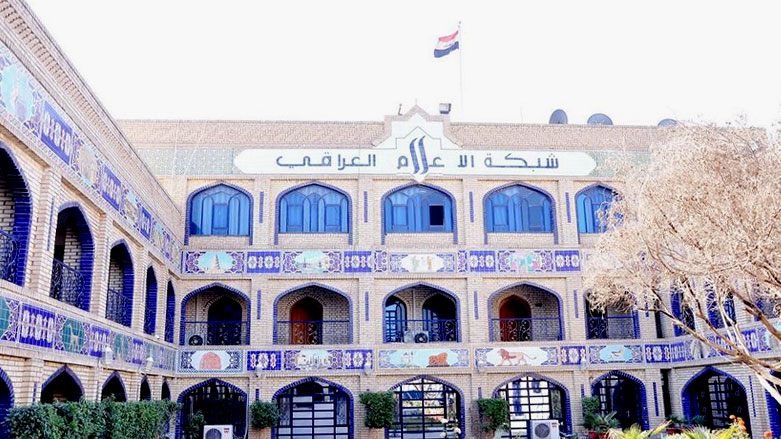Iraqi Foreign Ministry tells employees to refer to Kurdistan Region as ‘Iraq’

ERBIL, Kurdistan Region (Kurdistan 24) – Iraq’s Ministry of Foreign Affairs has instructed its employees to not refer to the Kurdistan Region in internal vacation requests, according to a memo released earlier this week.
Employees were asked in an official Iraqi Ministry of Foreign Affairs memo not to include the term ‘Kurdistan Region’ when taking time off for travel, and to use ‘Iraq’ in their requests instead. Iraqis outside of Kurdistan regularly travel to the Region to enjoy its nature, making up the largest percentage of tourists visiting the now-embargoed nation.
The renaming of the Kurdistan Region into ‘northern Iraq’ is seemingly becoming a policy enforced by Baghdad. In the draft 2018 budget introduced earlier this month, the bill referred to the Kurdistan Region as ‘the provinces of northern Iraq,’ opting to completely ignore the constitutionally-enshrined terminology.

A Kurdish lawmaker in Baghdad on Sunday warned the Kurdistan Region's authorities these were attempts by the Federal Government of Iraq to dissolve the Kurdistan Regional Government (KRG) and remove Kurdish constitutional rights.
“Proceeding with Iraq's plan and approach translates into the division the Kurdistan Region and dissolution of the KRG,” said Massoud Hayder, a Kurdish lawmaker for Gorran (Change) in the Iraqi Parliament and member of the Parliament’s finance committee.
“It is a strategy to change the Constitution of Iraq and removing articles that protect Kurdish rights. Removing the three provinces [Erbil, Sulaimani, and Duhok] from the framework of the Kurdistan Region would eliminate obstacles to amending the constitution,” the Kurdish lawmaker concluded.
The Kurdish government heavily criticized the budget bill, which went as far as calling the KRG the ‘government of the provinces,’ as well as diminishing its other institutions and ministries’ status to that of ‘provincial authorities.’
A statement by the Kurdistan Region’s government asserted that the designations mentioned above violate articles 117 and 121 of the Iraqi Constitution, which officially recognize the Kurdistan Region and the KRG’s related authorities as a federal region in the country.
Among other measures taken by the Iraqi Federal Government in the aftermath of the Sep. 25 referendum on independence is the revocation of Kurdish news outlets’ licenses and the shutting down of their offices in Baghdad; the issuance of arrests warrants for members of the Kurdistan Region’s Independent High Elections and Referendum Commission (IHERC); and threatening government employees who participated in the vote with withholding their salaries.
Baghdad has also quietly sanctioned what Head of the Kirkuk Provincial Council Rebwar Talabani described as the ‘Shia-ization’ of Kirkuk by the Iranian-backed Shia Hashd al-Shaabi militias.
Under Saddam and the former regime, Kirkuk and other areas of the Kurdistan Region were subjected to a number of Arabization campaigns where Kurdish families were forcibly displaced from the now disputed territory.
“Shia security authorities spread around Kirkuk are openly recruiting new members and opening the door for volunteers, just as they have previously done in Baghdad, Fallujah, Diyala, and Anbar,” he stated.
Talabani added that neighborhoods have been divvied up between Shia factions within the Hashd al-Shaabi, and asserted Kirkuk was now suffering from a campaign led by the Iranian-backed militia to transform the multi-ethnic province into a Shia stronghold.


